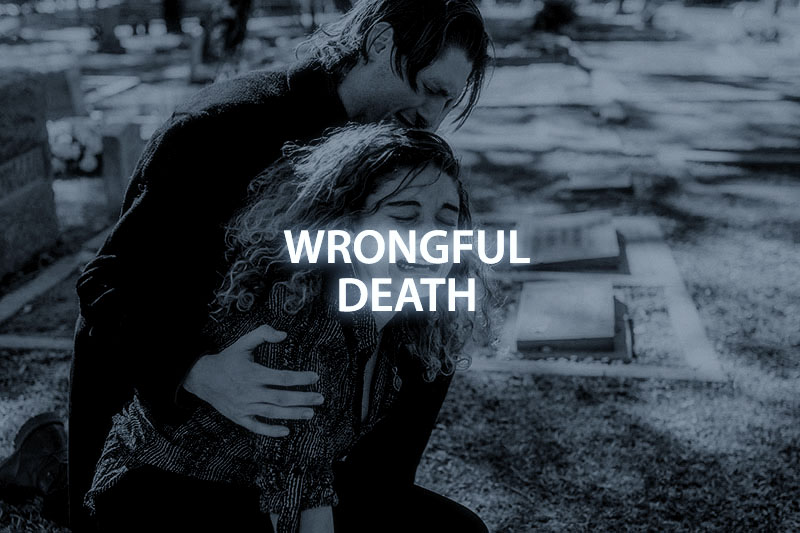When a loved one passes away due to the negligence or misconduct of another, it is a tragic and life-altering event for the surviving family members. In legal terms, such instances are often pursued as wrongful death claims, where the survivors seek compensation for their loss. However, wrongful death cases can become complex when there is shared fault in the event that led to the fatality. In states like California, this is where the doctrine of comparative negligence comes into play, which can significantly impact the outcome of a wrongful death claim.
What is Comparative Negligence?
Comparative negligence is a legal doctrine that allows fault in an accident or injury to be divided among the parties involved based on each party’s degree of fault. This principle acknowledges that in many situations, more than one party may be responsible for an incident.
Under pure comparative negligence, such as the system used in California, a person who is injured or the survivors in a wrongful death claim can recover damages even if the deceased was partially at fault for the incident that caused their death. These damages, however, are reduced by the percent of fault attributed to the decedent.
Comparative Negligence in California Wrongful Death Cases
In the state of California, wrongful death claims are affected by the state’s pure comparative negligence law. The law stipulates that the amount of compensation awarded in a wrongful death lawsuit can be reduced if it is found that the deceased person was also partly to blame for the incident that resulted in their death.
For example, if a wrongful death claim goes to trial, and it is determined that the deceased was 20% at fault for the accident and the defendant was 80% at fault, under California’s comparative negligence rule, the total damages awarded would then be decreased by the deceased’s percentage of fault. If the jury awards $1 million in damages, this would ultimately result in a $800,000 compensation (the original award minus 20% representing the deceased’s share of the fault).
Allocation of Fault and Its Effects on Compensation
The allocation of fault plays a pivotal role in how compensation is calculated in wrongful death cases under California’s comparative negligence law. The process typically unfolds as follows:
- Investigation and Evidence Gathering: Initially, lawyers on both sides will conduct thorough investigations to gather evidence such as witness testimonies, forensic reports, and expert opinions.
- Fault Determination: During a trial or negotiation, all the gathered evidence is used to determine the degree of fault of each party involved in the incident.
- Jury Deliberation or Settlement Agreement: If a case goes to trial, a jury will deliberate and decide on the fault percentages. In out-of-court settlements, the parties involved negotiate fault and agree upon a percentage.
- Adjustment of Compensation: Once fault is established, any compensation awarded is then adjusted to reflect these percentages.
It is crucial for survivors to understand that even if their loved one was partially at fault, they can still recover damages, although the compensation will be reduced accordingly. This pure comparative negligence system ensures that defendants are only responsible for their share of the damages, while at the same time allowing plaintiffs to obtain some measure of recovery for their loss, no matter the level of fault of the deceased.
Navigating a Claim with Comparative Negligence
Navigating a wrongful death claim involving comparative negligence can be highly complex. It is emphasized that surviving family members should consult with a skilled wrongful death attorney who understands the intricacies of California law and can advocate effectively on their behalf. An experienced attorney can help build a strong case to minimize the deceased’s alleged share of fault, maximizing the potential compensation for the survivors.
Contact Personal Injury Attorney Caryn Warren for Help!
The loss of a loved one is devastating enough without the added stress of financial uncertainty. While no amount of money can replace the person lost, a fair compensation can provide some security and a sense of justice for those left behind. In California, understanding and applying the principle of comparative negligence correctly is essential for these cases. With the right legal expertise, survivors can navigate these challenging waters and strive towards a resolution that honors the value of their loved one’s life and their own right to fair compensation.
Personal Injury & Criminal Defense Services Available Throughout
Greater Sacramento, Yolo, Placer, and Solano Counties
Antelope, Arden-Arcade, Auburn, Benicia, Carmichael, Citrus Heights, Davis, Dixon, Elk Grove, Fairfield, Fair Oaks, Folsom, Galt, Gold River, Granite Bay, Iselton, Lincoln, Loomis, North Highlands, Orangevale, Rancho Cordova, Rio Linda, Rio Vista, Roseville, Rocklin, Sacramento, Suisun City, Vacaville, Vallejo, West Sacramento, Winters, Woodland

